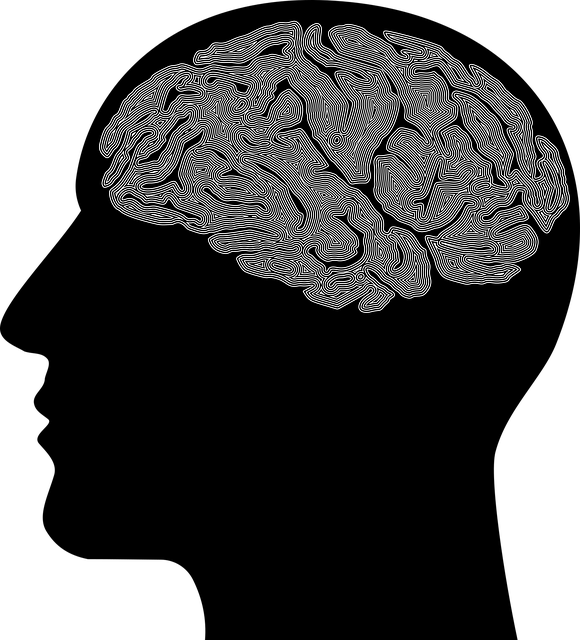Crisis Intervention Teams (CITs), comprising professionals from various fields including therapy for adults and Christian counseling, offer vital mental health support by swiftly responding to acute crises. Using Mind Over Matter Principles, CITs de-escalate situations and equip individuals with long-term coping strategies, promoting stability and well-being. Incorporating Christian counseling provides a unique perspective, emphasizing spiritual healing alongside traditional therapy, creating safe spaces especially beneficial in communities with strong religious affiliations. Effective training for adults should include tailored strategies such as stress reduction, conflict resolution, emotional regulation, communication tools, de-escalation, and cultural sensitivity training, integrating these into community outreach programs to enhance accessibility and trust.
In today’s fast-paced world, crisis intervention teams (CITs) play a vital role in providing immediate mental health support. This article explores the critical function of these specialized teams and delves into three key aspects. We begin by examining the core concept of CITs, their significance in emergency settings, and the impact on recipient well-being. Next, we analyze the unique contribution of Christian counseling within crisis intervention training, emphasizing its therapeutic value. Lastly, we discuss strategies for designing effective adult therapy programs, focusing on actionable approaches for professionals.
- Understanding Crisis Intervention Teams: A Vital Resource for Mental Health Support
- The Role of Christian Counseling in Crisis Intervention Training
- Designing Effective Programs: Strategies for Adult Therapy in Crisis Situations
Understanding Crisis Intervention Teams: A Vital Resource for Mental Health Support

In today’s complex social landscape, Crisis Intervention Teams (CITs) stand as a vital resource for providing immediate and effective mental health support. These specialized teams are designed to swiftly respond to individuals experiencing acute crises, whether it’s a result of trauma, severe emotional distress, or suicidal ideation. Comprising trained professionals from various disciplines—including therapy for adults, Christian counseling, and mental health experts—CITs offer a comprehensive approach to crisis management.
The Mind Over Matter Principles, which emphasize the power of mental resilience and self-esteem improvement, are at the core of CIT training programs. By focusing on mood management and empowering individuals with coping strategies, these teams aim to de-escalate situations and prevent further deterioration. Crisis intervention not only addresses immediate needs but also equips individuals with long-term skills to navigate future challenges, fostering a sense of stability and overall well-being.
The Role of Christian Counseling in Crisis Intervention Training

In crisis intervention training programs, incorporating Christian counseling offers a unique and valuable perspective. This approach emphasizes spiritual healing alongside traditional therapeutic techniques, providing comprehensive support for individuals in distress. By integrating faith-based practices, counselors can create a safe and supportive environment, especially relevant in communities with strong religious affiliations. The role of Christian counseling is multifaceted; it involves listening to clients’ concerns through a lens of empathy and understanding, offering guidance that resonates with their spiritual beliefs, and encouraging self-reflection on one’s purpose and resilience.
Training programs benefit from this integration by fostering a holistic approach to therapy for adults, addressing not just the crisis at hand but also the underlying emotional and spiritual needs. This can be particularly effective in community outreach programs where counselors often face high-stress situations and potential burnout. Encouraging self-care practices within these programs is essential, and Christian counseling’s emphasis on spiritual well-being can contribute to burnout prevention strategies, ensuring counselors maintain their own resilience while supporting others.
Designing Effective Programs: Strategies for Adult Therapy in Crisis Situations

Effective crisis intervention team training programs for adults must incorporate strategies tailored to the unique needs and challenges faced by those in need. Christian counseling offers a safe, supportive space where individuals can process their emotions and experiences, incorporating faith-based principles to enhance healing. These programs should include comprehensive training on stress reduction methods, conflict resolution techniques, and emotional regulation skills. Facilitators should also equip team members with tools for effective communication and de-escalation tactics, ensuring they are prepared to handle a wide range of crisis scenarios.
Community outreach program implementation is crucial in reaching individuals who may be hesitant to seek traditional therapy. By integrating these programs into existing community support systems, crisis intervention teams can foster trust and accessibility. Tailoring training to address cultural sensitivities and diverse backgrounds ensures that every team member feels equipped to provide compassionate, culturally competent care. This holistic approach not only improves individual outcomes but also strengthens the overall resilience of communities.
Crisis intervention team training programs, incorporating strategies from adult therapy and Christian counseling, are indispensable tools for fostering mental health support. By understanding the dynamics of crisis situations and equipping individuals with effective interventions, these programs can significantly enhance community resilience. Integrating evidence-based practices alongside spiritual considerations, as seen in Christian counseling, offers a comprehensive approach to addressing the complex needs of those in crisis. Through continuous evaluation and adaptation, training programs can ensure that therapy for adults in crisis remains both accessible and impactful.














